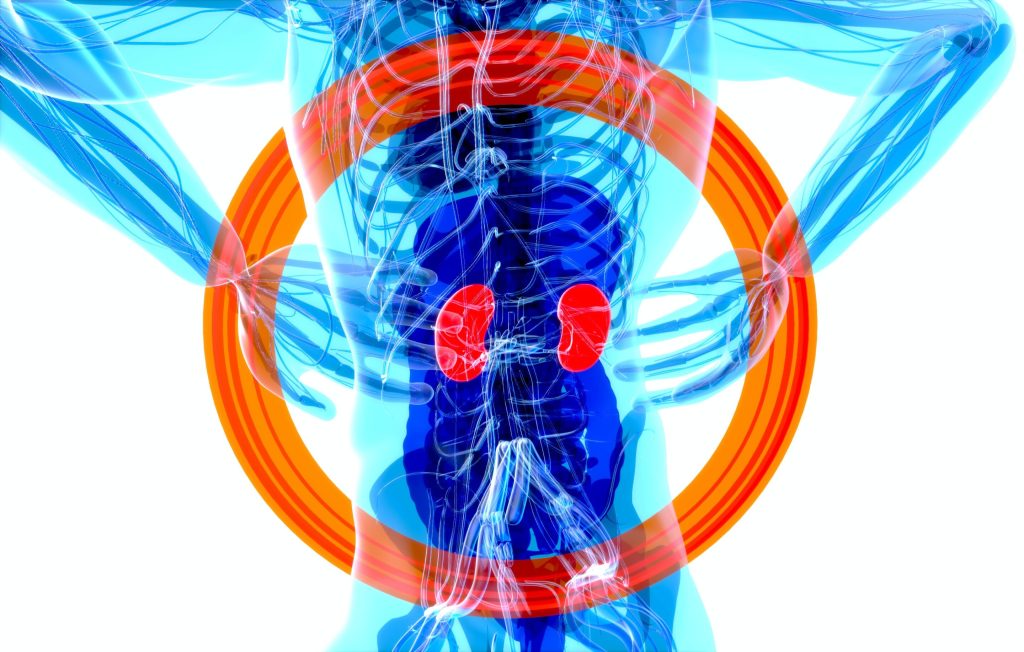To Know the Basics About Kidney Health
To Know the Basics About Kidney Health / What is Chronic Kidney Disease (CKD)?

- Chronic kidney disease (CKD), also known as chronic kidney failure, is usually a slow decline
- Wastes and extra fluid are removed from the blood by the kidneys and then passed through urine. The body of a person with CDK may accumulate hazardous amounts of fluid, electrolytes, and wastes.
- Chronic kidney disease (CKD) is impaired kidney function demonstrated by a glomerular filtration rate (GFR) of less than 60 mL/min per 173 m2, or signs of kidney damage, or both, for at least 3 months, independent of the underlying reason.
- GFR is a measure of how well the kidneys are filtering your blood.
- Although, race was originally used to calculate GFR. As of September 23, 2021, recommendations from the National Kidney Foundation (NKF) and the American Society of Nephrology (ASN) have set forth an updated way to calculate GFR which no longer takes the race of individuals into account.
To read about the causes of CKD, click here, and read here for symptoms of CKD